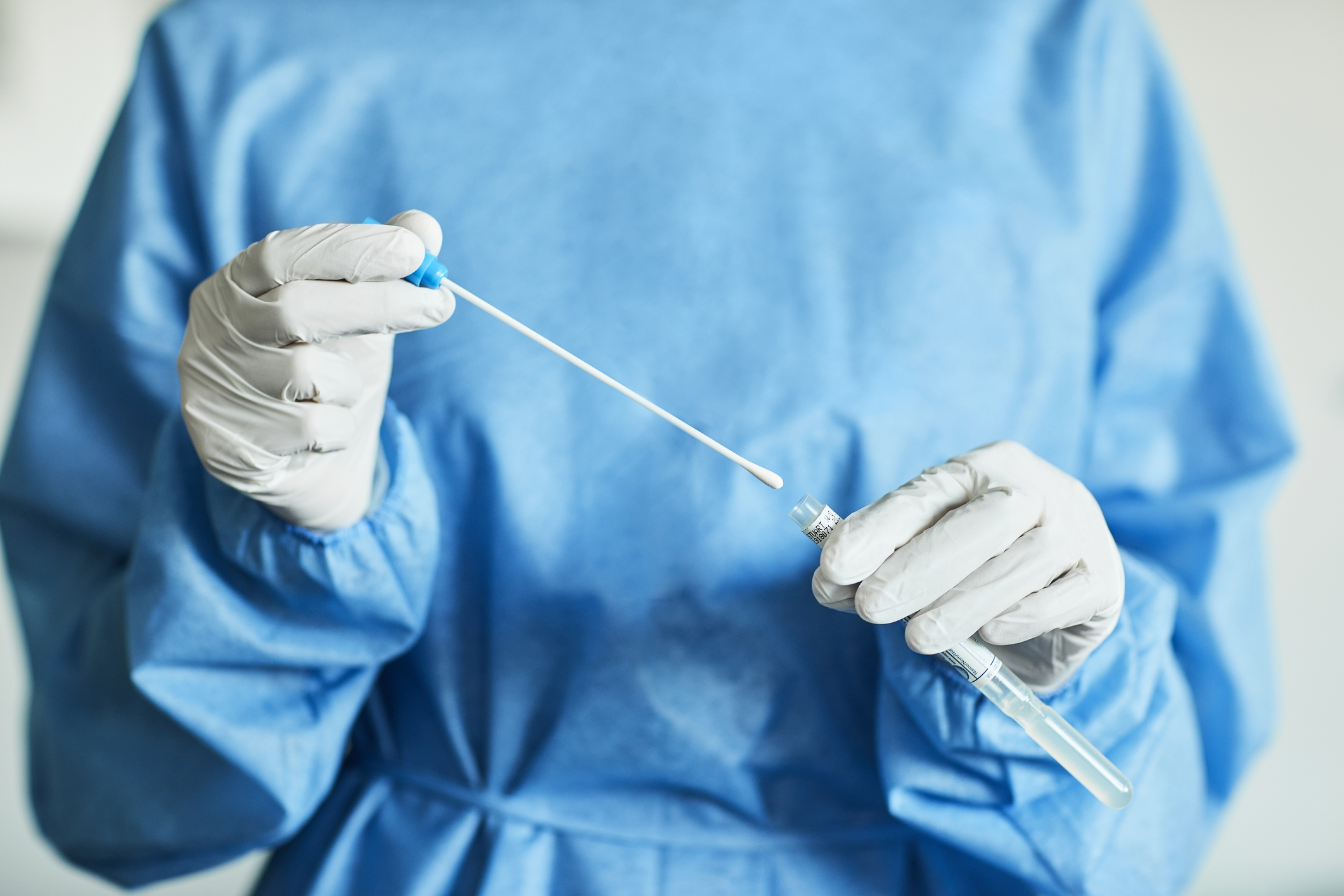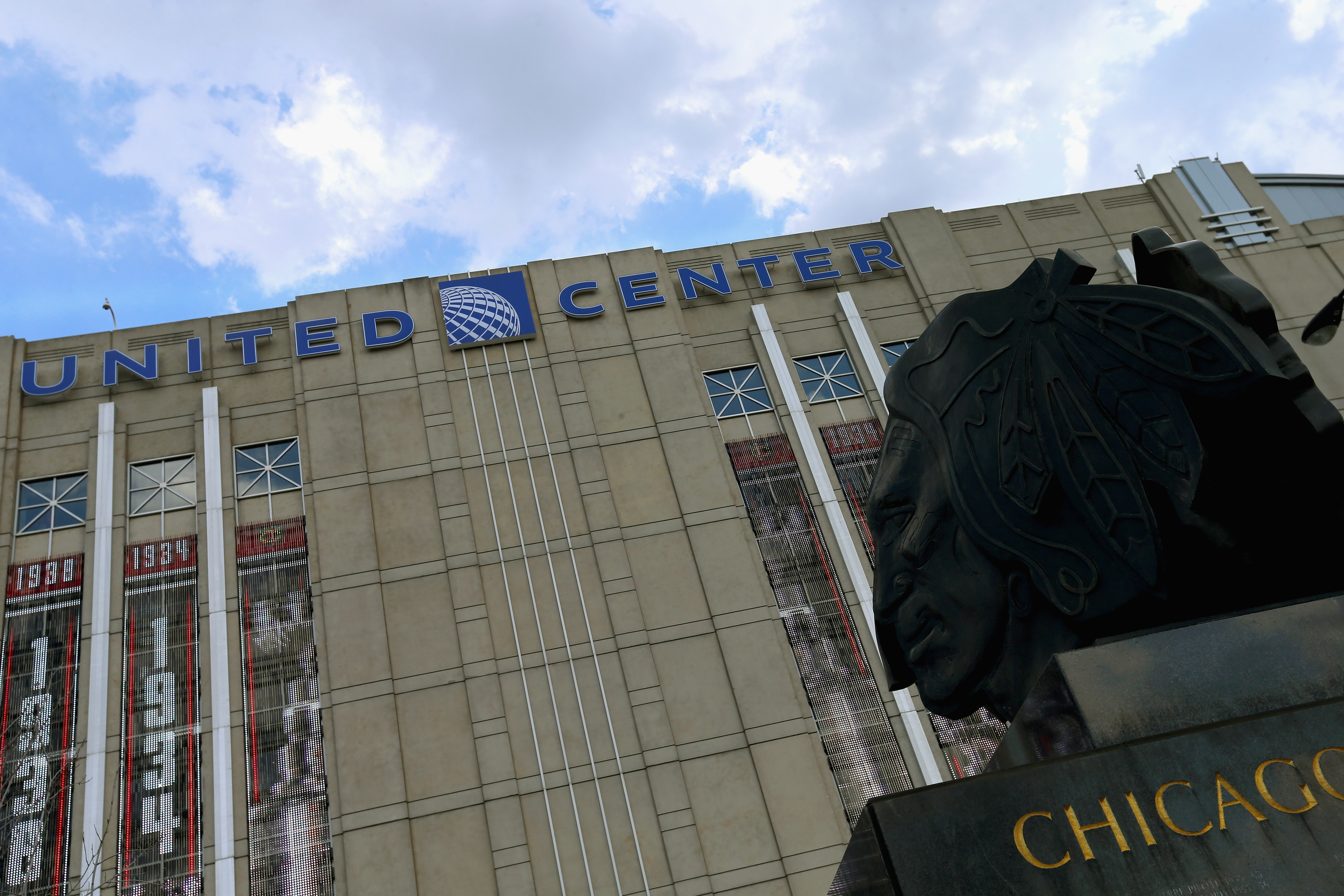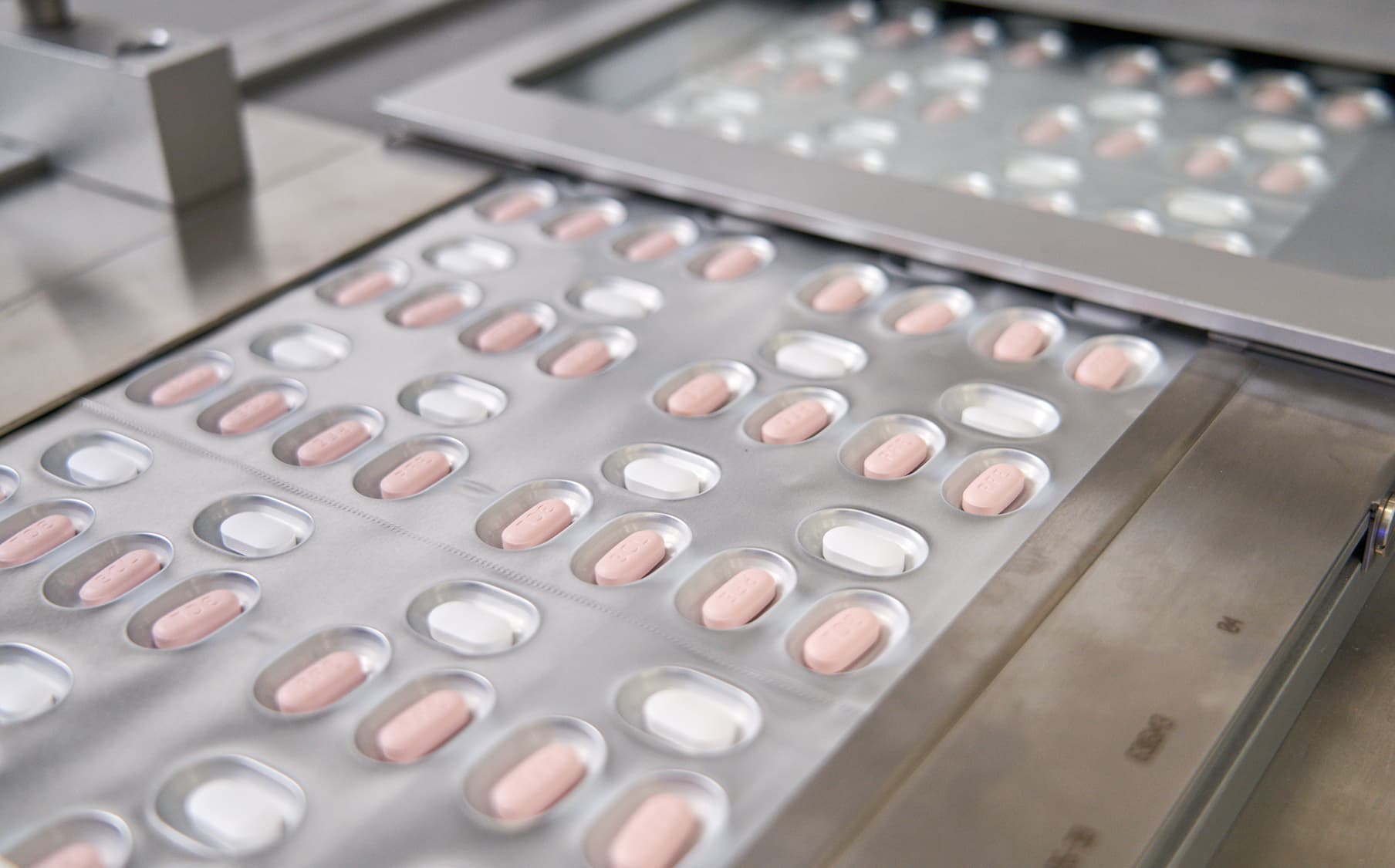While COVID-19 hospitalizations and case numbers have improved in recent weeks, some doctors caution the pandemic still isn't over yet.
Thousands of new infections are still occurring in Illinois on a weekly basis, with more than 10,000 reported in the past week, according to the Illinois Department of Public Health.
And even those who've had COVID-19 and recovered aren't exempt.
While reinfection is possible, most individuals will have some protection from repeat infections, according to the Centers for Disease Control and Prevention's website
Feeling out of the loop? We'll catch you up on the Chicago news you need to know. Sign up for the weekly Chicago Catch-Up newsletter here.
"Even before the virus started to turn into different variants, even with the original strain that was circulating, there were already many documented cases of people getting reinfected," Dr. Otto Yang, professor of medicine in the division of infectious diseases and of microbiology, immunology and molecular genetics at the David Geffen School of Medicine at UCLA, told TODAY.
As new variants emerge, reinfections become more common as they can potentially dodge the immune protection people already have.
According to Harvard Medical School, the omicron variant is more capable than previous variants of causing reinfection. Omicron has about 50 mutations, including more than 30 mutations on the spike protein, the region of the virus that immune systems recognize after previous infection.
Antibodies a person might develop after a previous COVID-19 infection "have to bind to a really specific area of the spike protein to block the virus," Yang explained.
If the spike protein keeps changing in significant ways, antibodies aren't as able to do their jobs to protect from infection, according to medical experts.
But can you contract the omicron variant more than once? At this point, researchers aren't sure, and studies are underway to determine the answer.
Typically, breakthrough infections are milder than the initial infection regardless of which variant you're infected with, experts said.
But even a "mild" infection can cause disruptions to daily life and feel awful, said Dr. Bernard Camins, medical director for infection prevention at the Mount Sinai Health System in New York.
And there is still the small chance that you may experience severe symptoms or complications — or that you'll spread the virus to someone with a weakened immune system.
Experts say those who recover from an infection will typically have some protection for about three to six months afterward. The protection you get may be unpredictable, according to doctors, and those who have more severe bouts of COVID-19 typically end up with more robust protection from the virus.
To prevent COVID-19 reinfections, health officials say vaccination is the best bet.
Vaccination plus a booster dose strengthens the natural immune response, even in those who have been previously infected, according to Harvard Medical School. Additionally, health strategies meant to prevent an initial infection such as wearing a mask in public, getting tested when appropriate and focusing on ventilation can help, doctors said.




